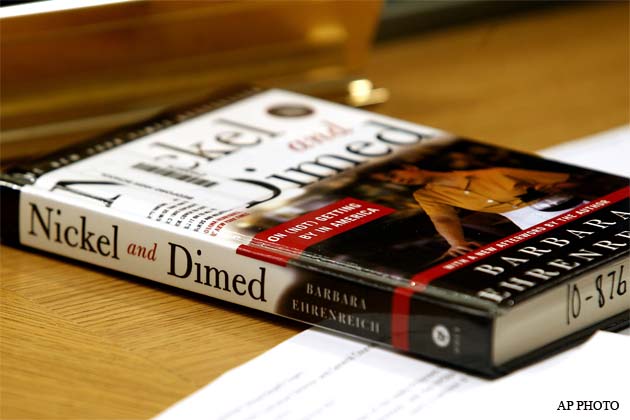The recent uproar surrounding a schoolbook that describes Jesus as a “wine-guzzling vagrant” captures the intersection of education, theology, and societal norms. This provocative characterization, albeit debatable, invites readers to engage in a broader discourse about the portrayal of religious figures in educational materials. What does it mean for students when they encounter such unconventional representations of sacred identities?
At the heart of this controversy lies the juxtaposition of Jesus’ historical narrative with contemporary interpretations. In the Gospels, Jesus is often depicted drinking wine, which can be interpreted as a sign of conviviality or a symbol of his miraculous power during significant events like the Wedding at Cana. Yet, labeling Him as a “guzzler” introduces a starkly modern and, arguably, irreverent lens through which educators and students alike must ponder His legacy. The term “vagrant” further complicates this depiction, suggesting instability and itinerancy, a facet of Jesus’ life that may evoke sympathy or disdain.
This portrayal raises poignant questions: Are educational resources intended to challenge students’ perceptions, or should they conform to societal expectations of reverence? The balance between historical accuracy and cultural sensitivity becomes precarious. Challenging long-held assumptions can lead to intellectual growth. However, it can also provoke backlash from communities who feel that their beliefs are being trivialized.
Moreover, is the classification of Jesus as a vagrant indicative of a larger critique against societal norms? Historically, figures who challenge the status quo—be they religious reformers or social activists—have often faced vilification. By invoking the imagery of a “wine-guzzling vagrant,” the authors may inadvertently be drawing parallels between Jesus and modern-day marginalized individuals, thus inviting students to consider the socio-economic factors associated with homelessness and poverty.
Furthermore, the educational implications of such descriptions cannot be understated. Engaging students with controversial literature can foster critical thinking and stimulate discussions around ethics, morality, and social justice. However, educators must tread cautiously, ensuring that these discussions are framed within a context that promotes understanding rather than divisiveness.
As debates ensue over the appropriateness of this language, it is essential to recognize that literature, particularly in educational settings, serves as a reflection of broader societal values. This incident underscores the necessity for dialogues about how we portray historical and religious figures, and what this portrayal says about our present values. In an increasingly pluralistic society, the question persists: how do we honor historical tales while promoting inclusive discourse? The “wine-guzzling vagrant” narrative compels us toward introspection and nuanced discussions that transcend mere labels.
